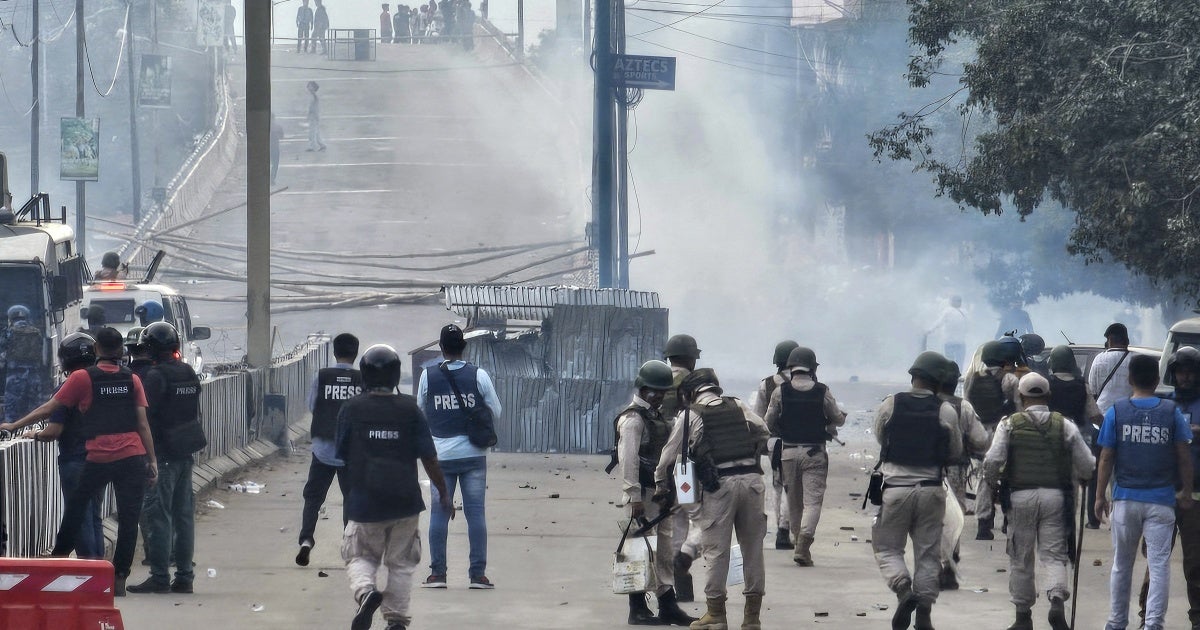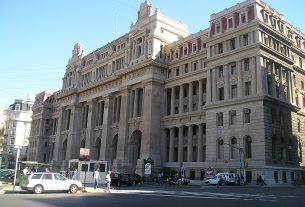(New York) – Indian authorities should urgently intervene to address renewed violence between ethnic groups in India’s northeastern state of Manipur, Human Rights Watch said today. Both the Manipur state and central governments should take prompt measures to resolve disputes, investigate abuses, and appropriately punish those responsible.
Armed groups from the predominantly Christian Kuki-Zo community and the mostly Hindu Meitei community have engaged in deadly violence, which has reportedly killed at least 11 people. Students and others have protested the violence, and some have clashed with security forces and attacked government buildings. On September 10, 2024, the Manipur state government imposed a curfew in three districts and suspended the internet in five districts until September 15.
“The state government’s response to increasingly violent ethnic clashes in Manipur has just caused greater harm,” said Meenakshi Ganguly, deputy Asia director at Human Right Watch. “Instead of protecting vulnerable communities and upholding the rule of law, the authorities have deepened longstanding anger and distrust among the communities through polarizing policies.”
Manipur’s Bharatiya Janata Party (BJP) state government, led by Chief Minister N. Biren Singh, an ethnic Meitei, has replicated his party’s divisive policies used nationally to promote Hindu majoritarianism. He has publicly claimed without any basis that the Kuki were providing sanctuary to illegal immigrants from Myanmar and engaged in drug trafficking, deforestation, and militancy.
Since May 2023, over 200 people have been killed and hundreds injured. More than 60,000 people have been displaced and are living in cramped shelters. Several Kuki women have reported sexual violence and rape by Meitei mobs. Homes, businesses, villages, and places of worship, mostly targeting the Kuki community, have been burned down, attacked, and vandalized.
The latest violence reportedly began on September 1, when suspected Kuki militants attacked villages in West Imphal district using drones, killing two villagers and wounding several others. On September 6 in Bishnupur district, suspected Kuki militants carried out rocket attacks, killing an older man and injuring six others, including a 13-year-old girl. On September 7 in Jiribam district, six people were killed in gun violence between Meitei and Kuki groups. In Sekmai, a mob allegedly beat to death a Kuki man, while Meitei armed groups attacked a Central Police Reserve Force camp and nearby homes, killing a woman.
The current violence in Manipur state erupted on May 3, 2023, after tribal communities protested a Manipur High Court order granting the majority Meitei community certain benefits, including land ownership in protected areas and quotas in government jobs and college admissions. Such affirmative action is usually reserved for tribal groups to correct historical and structural inequity and discrimination. The protest, which included Kuki-Zo, among the larger tribal communities in Manipur, who live primarily in hill areas where the Meitei would be allowed to purchase land under the new ruling, turned violent with clashes between Meitei and Kuki-Zo. Manipur High Court revoked the contentious order in February 2024.
Tensions had already been rising for months with Meitei community members accusing the Kuki-Zo of being illegal migrants, cultivating poppies for the illegal drug trade, and benefiting from government quotas in jobs and education. The Kuki-Zo community accused the authorities of discrimination and of escalating the eviction of Kuki tribal villagers from forest areas.
Local activists have alleged that the state government has provided political patronage to violent vigilante groups that support the Meitei community. The Kuki-Zo communities have accused the groups of violent attacks, sexual abuse, and murder. The Manipur authorities have failed to investigate or take any action against groups implicated in violence.
Manipur has long faced secessionist insurgencies in which armed groups and government security forces have committed serious human rights abuses. Longstanding ethnic disputes, especially over land and natural resources, have often turned violent.
The Manipur state government should urgently adopt measures to protect the security of all communities, especially those particularly vulnerable, and de-escalate the violence. Local authorities need to ensure unhindered and adequate humanitarian aid to affected communities, permit access to the internet, and engage with civil society, including women from all sides, to address the longstanding issues between the communities. The state government should work with India’s central government to provide redress for victims of abuses, including for sexual violence, investigate and fairly prosecute those responsible, and act to demobilize and disarm abusive groups.
Local authorities in Manipur should uphold the rights to freedom of expression, association, and peaceful assembly in their response to the current situation. Security forces should abide by the United Nations Basic Principles on the Use of Force and Firearms by Law Enforcement Officials, which provide that security forces use the minimum necessary force at all times. In dispersing violent assemblies, firearms may only be used when other less harmful means are not practicable but to the minimum extent necessary. Law enforcement officers may only intentionally resort to lethal force when strictly unavoidable to protect life.
“Manipur’s government has lost the trust of communities due to its partisan politics and failure to protect them from violence,” Ganguly said. “It can begin to build that trust by ensuring that victims and their families receive prompt redress, those responsible for abuses are held to account, and all communities are protected from further violence.”



